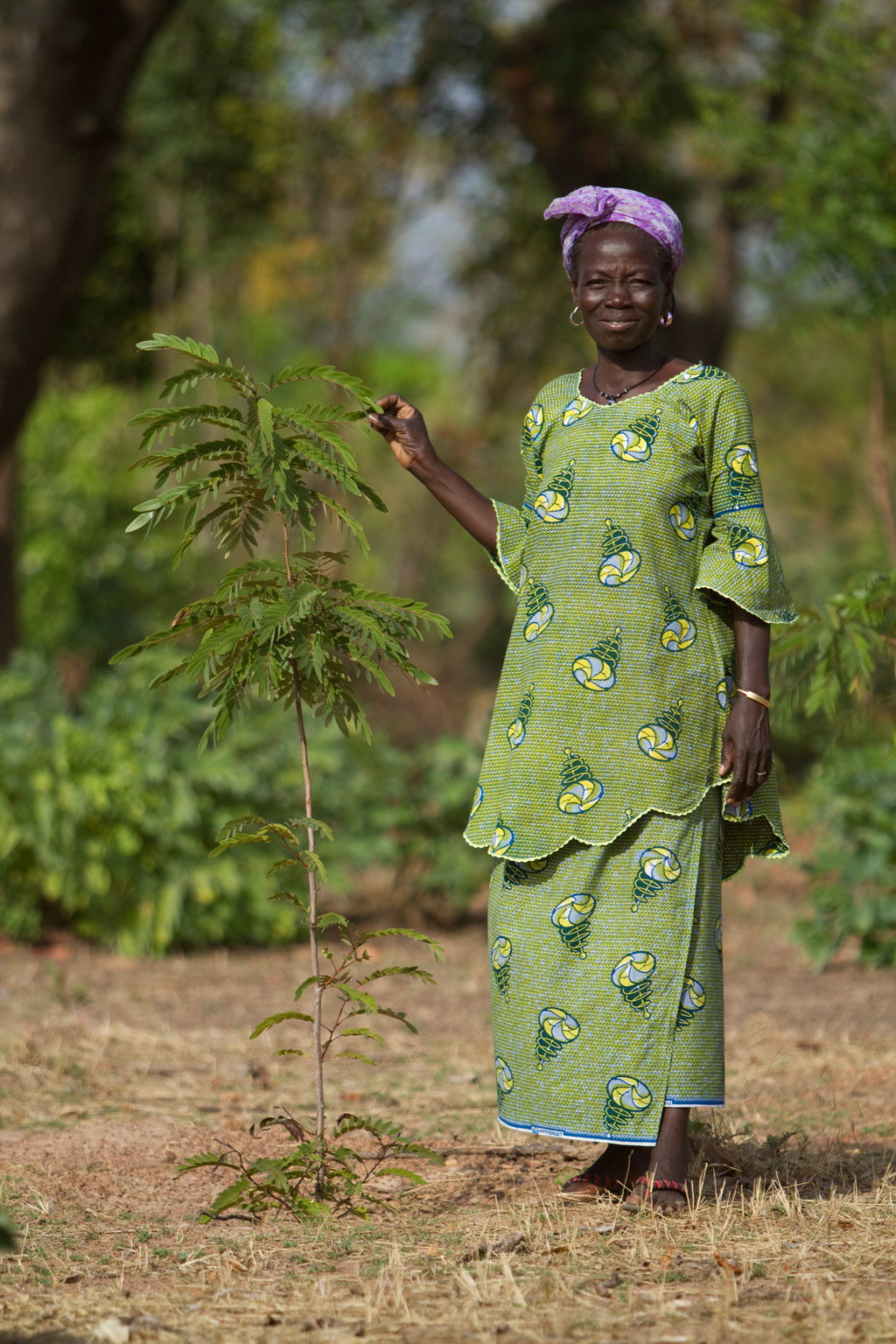The Aliniha Woman

Aliniha Women, pillars of development
At the source of the movement and vital in its development, these rural women made sustainable progress in their villages and neighbourhoods.
Spread across the regions of Kayes (Mali) and Tambacounda (Senegal), more than 6 000 women now learn daily how to organise themselves into little groups and carefully manage their finances: learning how to save, borrow and reimburse micro-credits. Together or alone, they set up commercial activities such as the production and sale of vegetables, fruit and poultry. But also the sale of fritters, soap, shea butter, dolo beer or fuel-efficient firewood stoves. They also take a more effective role in preserving their environment through the cleaning and enhancement of public places and the upkeep of plant nurseries or trees they plant themselves. To do this, they can call on training, advice and micro-financing services supplied by the various bodies in the network.
Training to cover all needs
Each woman first becomes a member of the nearest Self-Managed Aliniha Associations (AAA), one which is followed by her neighbours and supports the neighbourhood and immediate surroundings.
The training covers all needs: literacy in the local language, women’s rights, micro-enterprises, leadership - but also health issues (family planning, knowledge about sexually transmitted diseases, etc.). The rational exploitation of natural resources is highlighted and closely woven into the economy and social wellbeing. Market gardening is promoted and the Aliniha women are encouraged to reduce the consumption of firewood by equipping themselves with fuel-efficient firewood stoves. They significantly reduce the use of plastic bags, which are replaced by replaced by calabashes or baskets woven from local palm trees. To better share the important principles, some learn to write educational mini-plays performed in public at popular sessions of theatre-forum.
Members of Aliniha sign the charter and subscribes to a series of rights and obligations.
|








